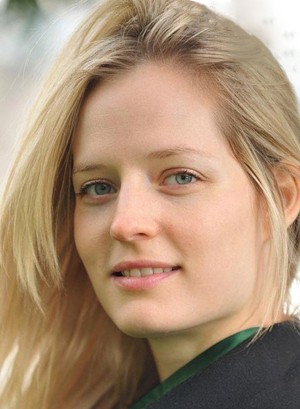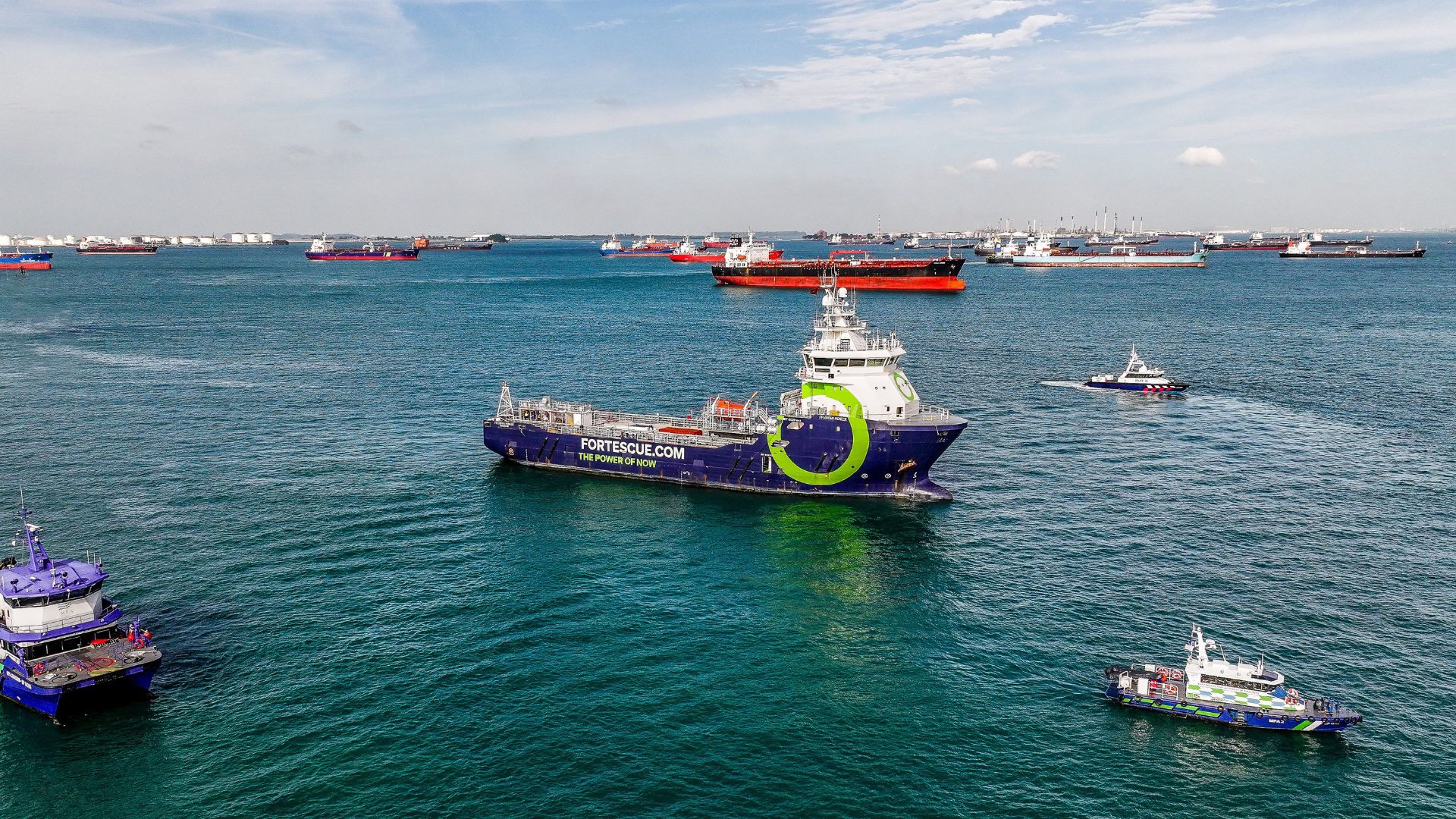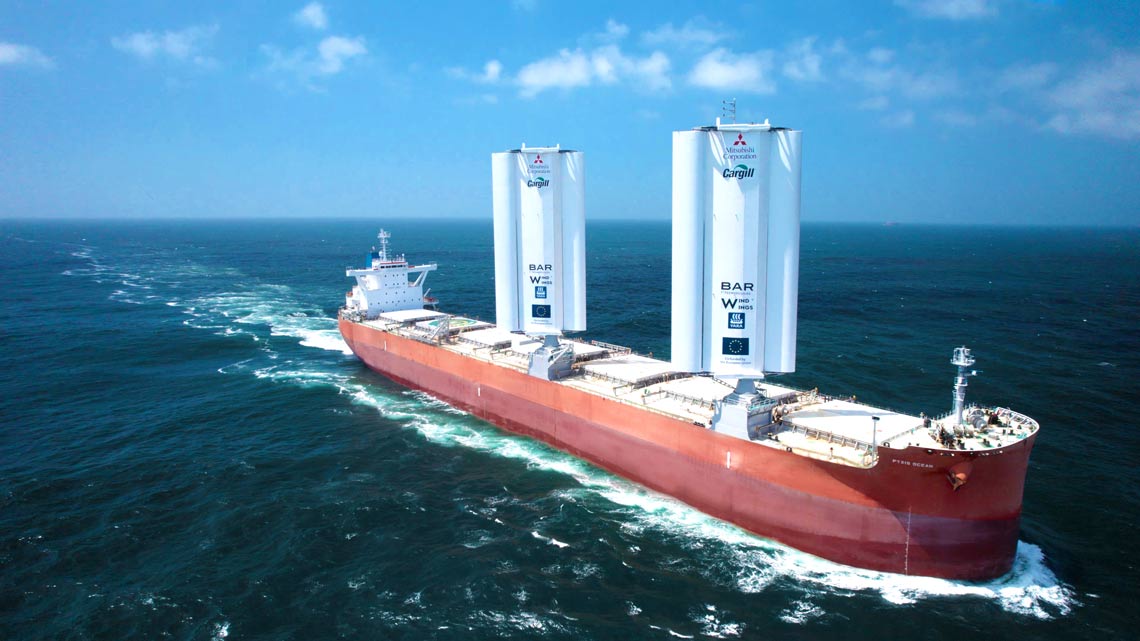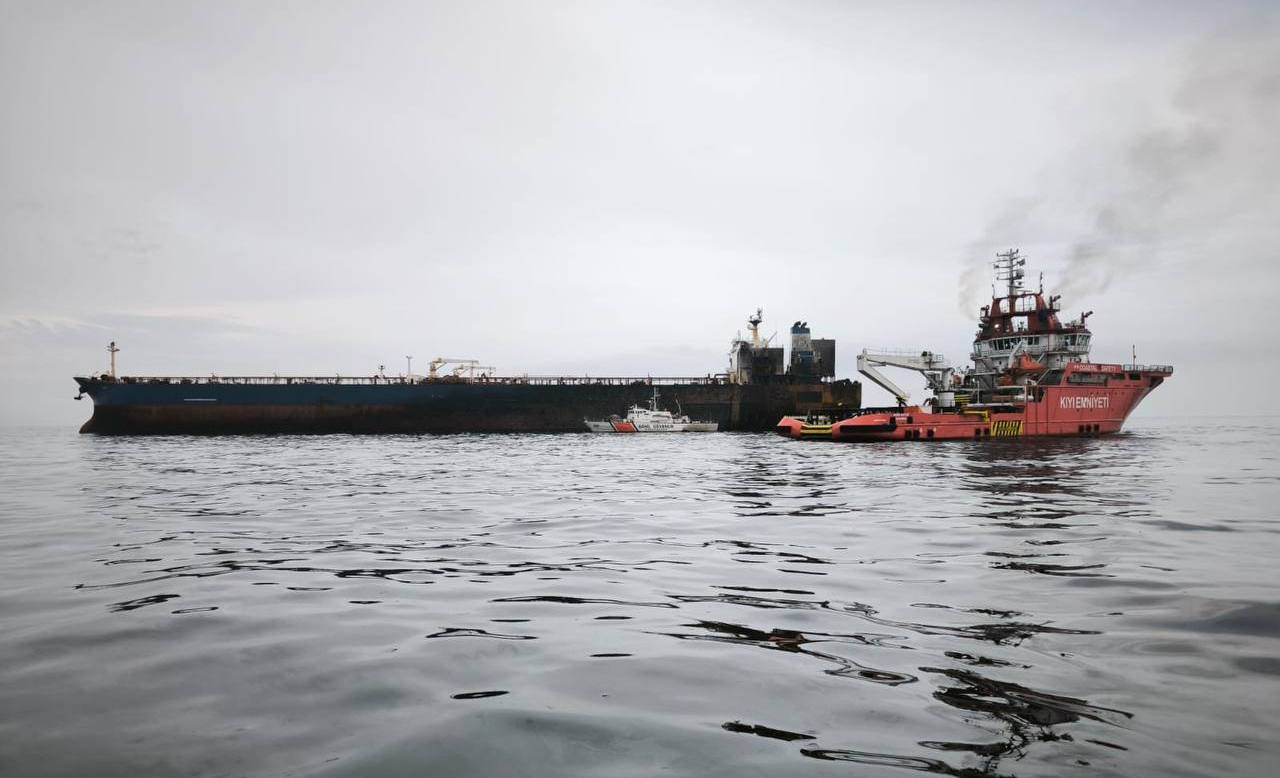Updated: July 23, 2012 (Originally published December 7, 2011)
 IMO’s Karine Langlois speaks with Eivind Vagslid, the Deputy Director and Head of IMO’s Air pollution and Climate change section on IMO’s work to reduce the international shipping community’s greenhouse gas emissions…
IMO’s Karine Langlois speaks with Eivind Vagslid, the Deputy Director and Head of IMO’s Air pollution and Climate change section on IMO’s work to reduce the international shipping community’s greenhouse gas emissions…
KL: IMO will shortly be attending the Conference of Parties [COP17] for the UNFCCC in Durban, what message is the Organization taking to that meeting?
EV: The main message will be to encourage the parties to UNFCCC to continue to entrust the International Maritime Organization with the control of greenhouse gas emissions from international shipping, and of course a central part of our message will be the successful outcome of MEPC62 this July when governments adopted amendments to Annex 6 to introduce mandatory energy efficiency measures for ships engaged in international trade.
KL: There seems to be concern that overall emissions from shipping may not fall even after the new IMO regulations take effect, but isn’t that a function of global demand for trade, and therefore outside the scope of any technical regulation?
EV: You’re absolutely right. Due to the continued demand for shipping services that again is a result of world trade, or increase in world trade, the technical and operational measures can act the best lead to the establishment of shipping emissions, but it will not lead to an overall total reduction. That is why IMO is continuing it’s work to control greenhouse gases with both to expand the technical measures to other ship types, and also working on a market-based measure to provide additional incentive for the shipping industry to invest in more fuel efficient ships, and to operate them even more fuel-efficiently than today.
 KL: A recent study suggests that the volume of greenhouse gas emission reductions from international shipping resulting from applying the mandatory measures adopted by the IMO will be even greater than first envisaged. Can you expand on that?
KL: A recent study suggests that the volume of greenhouse gas emission reductions from international shipping resulting from applying the mandatory measures adopted by the IMO will be even greater than first envisaged. Can you expand on that?
EV: Yes, I’m happy to expand on that. Following the adoption in July, the IMO Secretariat commissioned a study to look into the detailed affects the adopted measures will actually produce, and it’s very promising that by 2020 we will see a reduction by 100 to 200 million tons, or between 10 and 17 percent reduction over business as usual. And if you go further down the line to 2030, the reduction will be between 200 and 400 million tons, or in percent, an 18 to 27% reduction over business as usual. If you go all the way down to 2050, we will see a reduction between 35 and 40% compared to business as usual. Meaning that a ship in 2050 will be twice as efficient as it is today due to the new regulations. The operational measures will have an immediate affect, while in the longer term, it will be the design index that will be the main driver of change.
KL: The recent amendments to MARPOL Annex 6 that you referred to earlier have established the first-ever mandatory regime for an industry sector, is IMO organizing workshops or training to assist with their implementation?
EV: Actually, we have already had the two first workshops. One took place in Singapore last week and as we speak, the second one is about to conclude in Durban, South Africa, so that is very fitting that we have one here and one in Durban. We have planned activities of about 20 workshops over the next two years to assist, in particular, developing countries to implement and enforce the new measures.
KL: Is IMO’s work connected with other UN organizations such as UNIP?
EV: Yes, definitely. IMO is part of the UN family, the UN system, and a lot of our work is very closely linked to the work of, in particular, UNEP, but also other UN agencies such as UNDP and of course our greenhouse gas work is closely linked to what happens in the global negotiations under UNFCCC.
To find out more about IMO’s work, find them online at www.IMO.org
Editorial Standards · Corrections · About gCaptain

 Join The Club
Join The Club




 IMO’s Karine Langlois speaks with Eivind Vagslid, the Deputy Director and Head of IMO’s Air pollution and Climate change section on IMO’s work to reduce the international shipping community’s greenhouse gas emissions…
IMO’s Karine Langlois speaks with Eivind Vagslid, the Deputy Director and Head of IMO’s Air pollution and Climate change section on IMO’s work to reduce the international shipping community’s greenhouse gas emissions…






